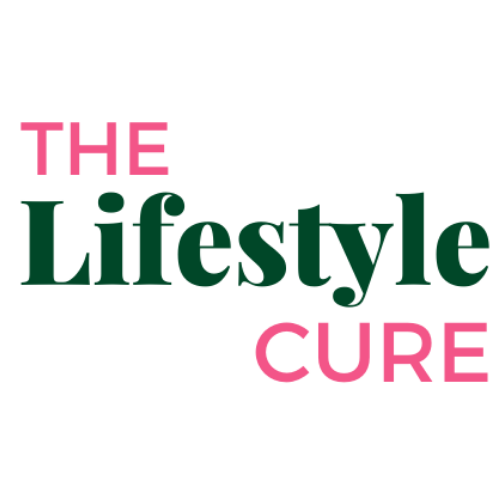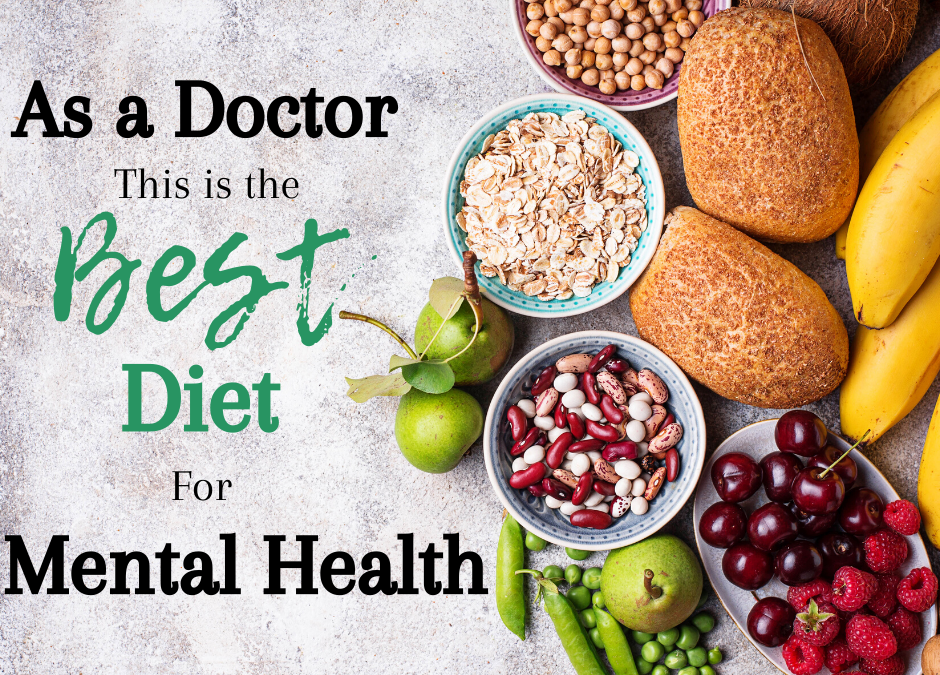As Doctors we write about evidence- based facts and with that in mind select products we believe to be the best for our readers. Thelifestylecure.com is a participant of the amazon associates program and we may earn a very small commission from qualifying purchases at no extra cost to you.
Eating healthy has a variety of benefits. Research has shown this time and time again and we hear it from fit people from around the world who state the same thing. However, could one of those benefits be, that consuming a healthy diet can also prevent us from being sad?
Well, according to a study published in PLOS One presented the following results:
When young adults (aged 17-35) who displayed symptoms of depression ate a HEALTHY DIET for just 3 weeks they had LESS depressive symptoms by the end!
Table of Contents
Why This Is Ground Breaking News For Those Who Feel Sad
Let’s break it down and discuss exactly why this study on diet can prevent you from being sad!
1) It is the first of its kind.
– The only randomized control trial (RCT) study to be done using young adults and how eating a particular diet can influence your depressive symptoms.
2) Only the 2nd RCT to be done in history with symptoms of depression and a poor diet being linked.
– To date there had only been one RCT study conducted that used depressive symptoms as an inclusion criterion and showed that you can lower clinical levels of depression by changing your eating habits for the better.
3) Results are positive and therefore very promising.
– Fact that this study showed a direct correlation between eating a balanced diet and adecrease in depressive symptoms of sadness in such a short duration of time (3 weeks) providesa foundation for further work to be conducted that goes into greater detail (such as how long the benefits will last and whether environment also plays a role).
A Global Shift When It Comes To Diet

There has been a change in recent years surrounding the profound transformation occurring within the food industry. Before our food pattern used to consist of eating things that were high in fiber and rich in complex carbohydrates. But now it has become more common around the world to see people consuming highly processed food that are high in fat and sugar content instead.
And because of this shift, literature shows that people are more likely to feel sad and get depressed if they eat food that is of little value to them (ie. high fat content, refined sugars, processed foods etc).
It is important to realize this shift and work towards changing it. We can begin to do this as a society by educating ourselves on the topic being sad and becoming aware of the negative effects of eating a poor diet.
Now we know that there are many factors that can lead or make you more susceptible to having depression.
Some of these factors we can not change. For example, your family history of mental disorders, your age or even your gender can predispose you to getting depression.
However, there are some factors that you CAN change including what you choose to eat on a daily basis. Namely your diet history. So why not concentrate on that?
Focus On The Healthy To Prevent Being Sad

The healthy diet that was adopted as the intervention technique in this trial was based on the Mediterranean-style diets mainly because they are associated with a lesser chance of depression and the food consists of anti-inflammatory items like turmeric, cinnamon, and omega-3 fatty acids which all have a positive effect on brain function as well.
The group who was given the intervention was told to eat the following:
1) At least 5 servings of veggies/day
2) 2-3 fruits/day
3) 3 wholegrain cereals/day
4) 3 source of protein/day
5) 3 fish/week
6) 3 unsweetened dairy/day
7) 3 tbs of nuts and/or seeds per day
8) 2 tbs of olive oil/day
10) 1 tsp of turmeric and/or cinnamon per day
And to eat less of the following:
1) Refined carbohydrates
2) Added Sugar
3) Fatty or processed meat
4) And sugar laden drinks/soda/pop
Takeaway On Diet and Sadness
The group that was given the dietary advice and was recommended to eat healthier during the 3 week trial period was followed for up to 3 months afterwards and asked how they felt and whether they were still adhering to the dietary changes.
Those that stuck with the diet reported less anxiety, less stress, and a had better mood!
These results show that for the first time ever young adults, in this case undergraduate students, who presented with high levels of depressive symptoms (ie. low energy, mood, and apathy) when taught how to engage and adhere to a diet intervention, were in the end able to reduce their negative symptoms and stop from being sad.
Another conclusion that was made from the study was that when people decreased their intake of processed food itself, they also saw a huge improvement in depressive symptoms such as more energy, better mood, and less apathy.
In the trial, processed food was defined as packaging that had multiple ingredients listed, foods with more than 10g of sugar in a 100g packet/item and specific examples of take-out food (likefried food), chocolates, sweets and soft drinks to be avoided.
Conclusion
Start small but plan big. Make small changes in the beginning like swapping out processed items for say finger foods like veggies with hummus to snack on whenever the urge arises to eatsomething that is quick and dirty.
If you are experiencing a low mood, feeling anxious or sad, stressed out and are already in counselling or taking medication, do not stop these measures. Continue with this treatment (as it is a form of help) and simply add healthier food items to your diet and remove the unhealthy ones from your life.
If you’re looking to see how to get started on adopting healthier habits, check this out too!
Stay happy, stay healthy.


